I’m wishing my brothers and sisters – a belated productive and Khair [Good]-filled New Year! 1441 Hijri.
Yesterday was the beginning of the New Year, 1441! That’s right, 1441 years have passed since the Prophet Muhammed (SAAW) made his historic hijra (migration) from Makkah to Yathrib, setting up the first Islamic State and society, to be known simply as “The City” (Al-Madinah).
Now while Muslims are not commanded to celebrate the new year of the lunar calendar used by the Prophet Muhammed (SAAW), a new calendar year – as any event that occurs upon Muslims, should be used to reflect on our relationship with our Creator, Allah (SWT), through our personal rituals, our personal development as His servants, and our relationship with the Ummah.
Most Muslims today would greatly benefit from reflection upon the origins of the Hijri calendar.
You see, the Christians celebrate their New Year based upon a Gregorian calendar they borrowed from the Romans but setting their dating system based around the estimated birth of Jesus to represent the first year of time for Christians.
So old Christian calendars usually had “BC” (before Christ) to represent years before Jesus was born, and “AD “(Anno Domini – Latin: “the year of our lord”) to represent after.
After the 17th century, Christians started to change AD to CE (“Christian Era”), but it has now increasingly been referred to now as representing the term “Common Era” – which signifies how universalist the West views itself after it “influenced” (much of it through military conquest and imperialism) other tribes and nations around the world leading consequently to them adopt its dating system.
The Jewish calendar was based on the famous estimated (guessed) calculations of Rabbi Jose ben Halafta in 160 “CE” of the beginning of Creation(!), with the current Jewish year being 5779 AM (Anni Mundi, year of the world).
However, the Hijri dating system is quite different in marking its start point. As much as many post-colonial Muslim pundits and state-appointed scholars today wish to shy Muslims aware from remembering the world project of Muhammed (SAAW) and the intrinsically connected political-spiritual message of Islam – the hijri calendar is a yearly reminder that Islam isn’t, and never was, a part-time project limited to rituals, recitation and Jummah, but a comprehensive guidance to mankind.
You see, the Islamic calendar was arranged by Caliph Umar (RA), with the agreement (ijma) of the other sahabah (Companions of the Prophet Muhammed [SAAW]), that the beginning of the Islamic era, started not with the Prophet Muhammed (SAAW)’s birth, nor with the first revelation of the Quran, nor its completion.
The first date of the Islamic era was the arrival of the Prophet Muhammed (SAAW) at Yathrib, beginning the era of the Islamic state of Al-Madinah, and the collective work for the Islamic world project to spread the message of Tawheed, and the cause of justice and mercy to mankind.
Muslims should think seriously about this. The companions of the Prophet Muhammed (SAAW) didn’t think the Islamic era started with the birth of the Prophet (SAAW) or the first revelation of the first verse of the Quran! Instead, they considered that the Islamic era only truly began, with the creation of the first Islamic state and society where the law of Allah (SWT) was the highest, and the worldview and objectives of the state were the calls to Islam and establishment of God’s justice and mercy politically and social amongst human beings.
In fact, while there was a Prophet of Islam, but no society and state organised around his teaching, the companions still considered that to be an era before the *establishment* of Islam.
This is evidenced by the fact that Jahilliyah isn’t tied to the presence of revelation, but the presence of political and social organisation of a people specifically under that revelation. The Prophet Muhammed (SAAW) is reported to have said:
“whoever dies whilst there was no Bay’ah (allegiance) on his neck (to a Khalifah), he dies a death of Jahiliyyah (ignorance).’” [Sahih Muslim]
The classical scholar, Al-Maaziri said the hadith is “With regard to bay’ah being given to the leader of the Muslims”.
Imam Nawawi also said: “What is narrated in the ahadeeth narrated in the books of Sunnah about bay’ah refers to giving allegiance to the Muslim leader, such as when the Prophet (peace and blessings of Allaah be upon him) said: “Whoever dies and did not make an oath of allegiance (to the Muslim leader) has died a death of jahiliyyah.”
Jahiliyyah, therefore, isn’t merely ignorance about Islam, it is also anarchy – a society where the people are collectively organised by ignorance of Islam (even if many of the people are individually believers). This led many Muslims thinkers to consider “the time of jahilliyah” to be essentially, a time of anarchy. A time where the commands of Allah (SWT) are no longer operates as an organising force for society, and the cause of Islam is no longer the purpose of politics – leaving society and politics with no purpose and therefore it becoming only an arena for power struggles and egos – and society left for competition and fighting and bickering to advance and protect “street credit”, “family/tribal reputation” and gaining “respect’ through power.
Muslims today live in such a time as we have no establishment of Islam as the highest reference point for our global Muslim society, and no leader we have selected to be the successor to the Prophet Muhammed (SAAW)’s political role (i.e. a Caliph) to unite our affairs, our defences and our resources and advance them in the cause of Islam.
Seeing as the Islamic era wasn’t set at the birth of the Prophet Muhammed (SAAW), nor the beginning of him being informed of his prophethood (SAAW) via the first revelation of the Quran, but rather the beginning to the time of Islam and end of the era of Jahiliyyah (pre-Islam) was the establishment of Islam as the highest reference point for a society and state and a society united under a leader to organise their efforts and advance the cause of Islam (“not national interest”)- the question we must ask ourselves is, in which era do we choose to live in? An era of Islam? Or in the eras like the time before the establishment of Islam (Jahiliyyah)?

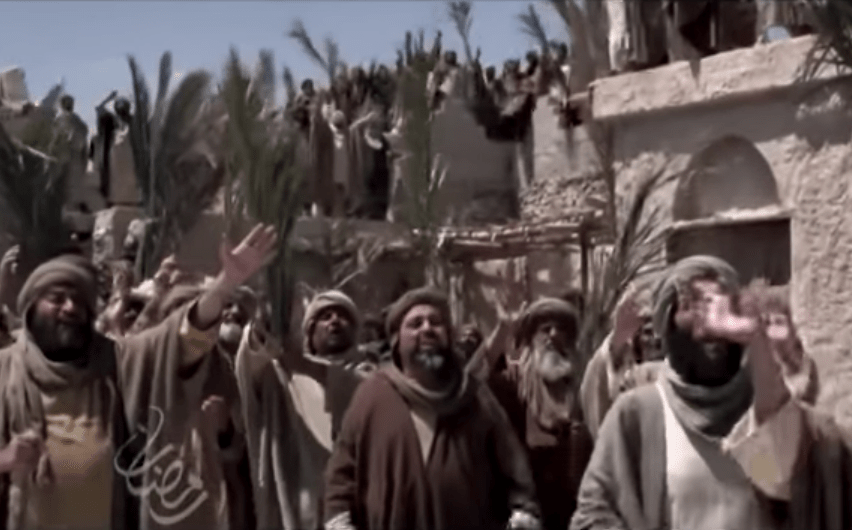

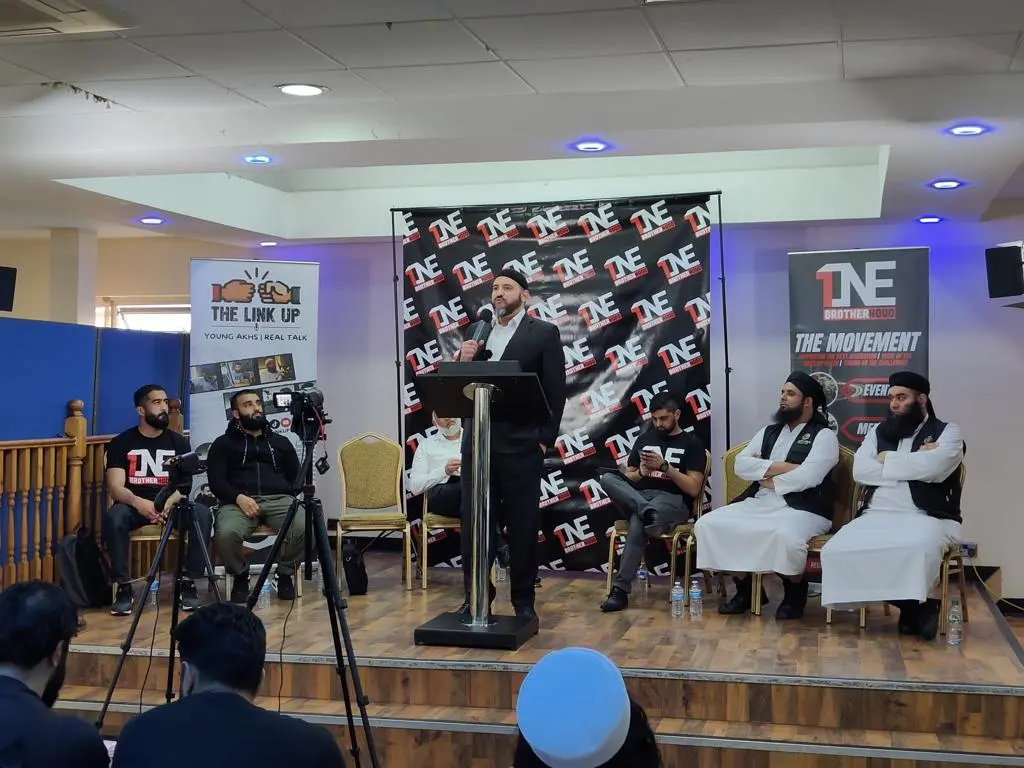
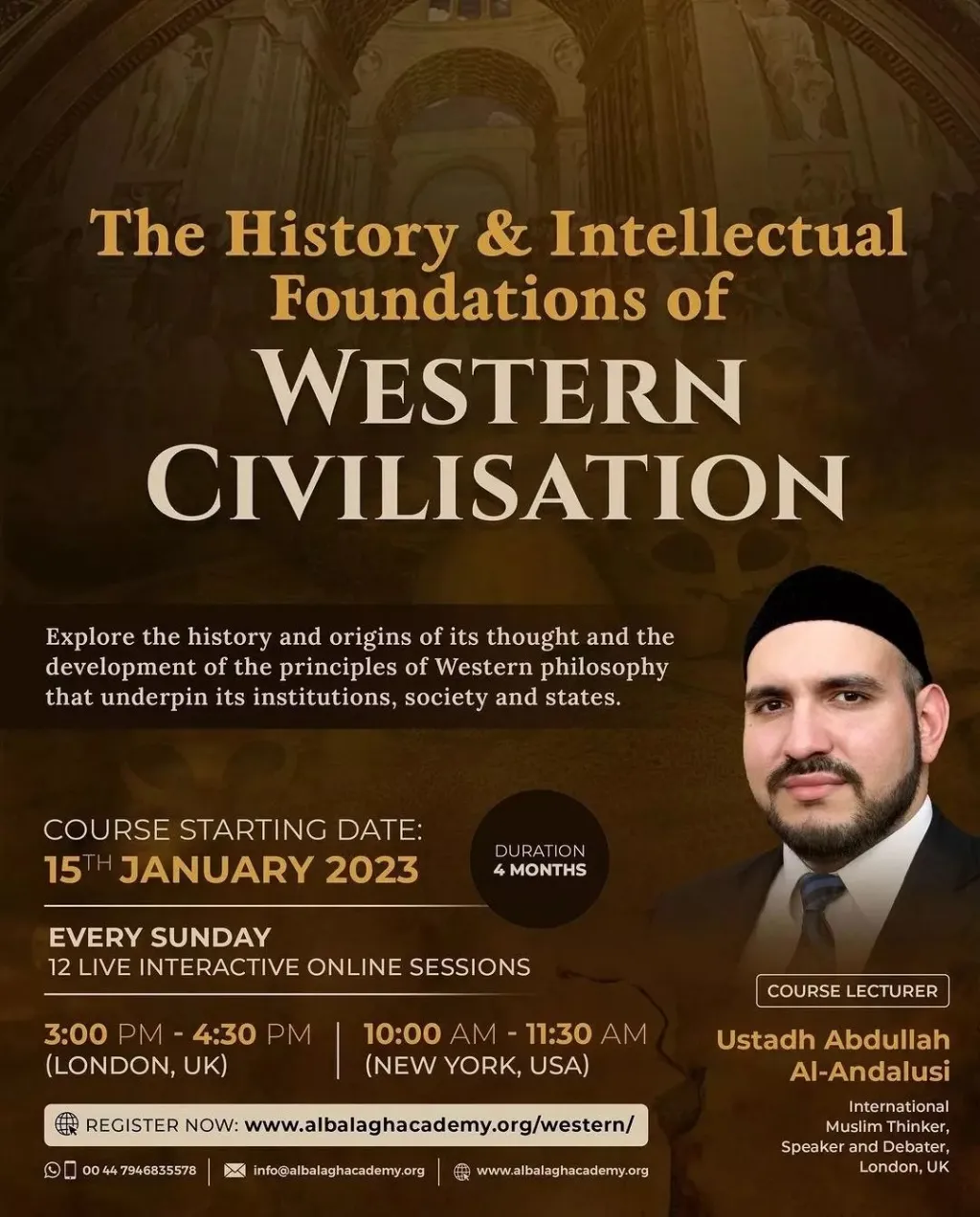
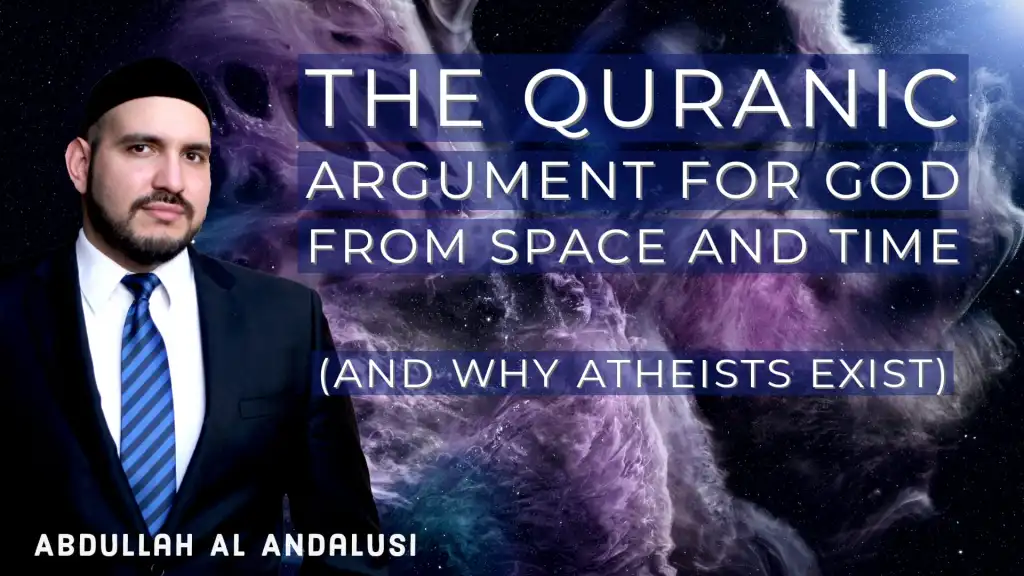
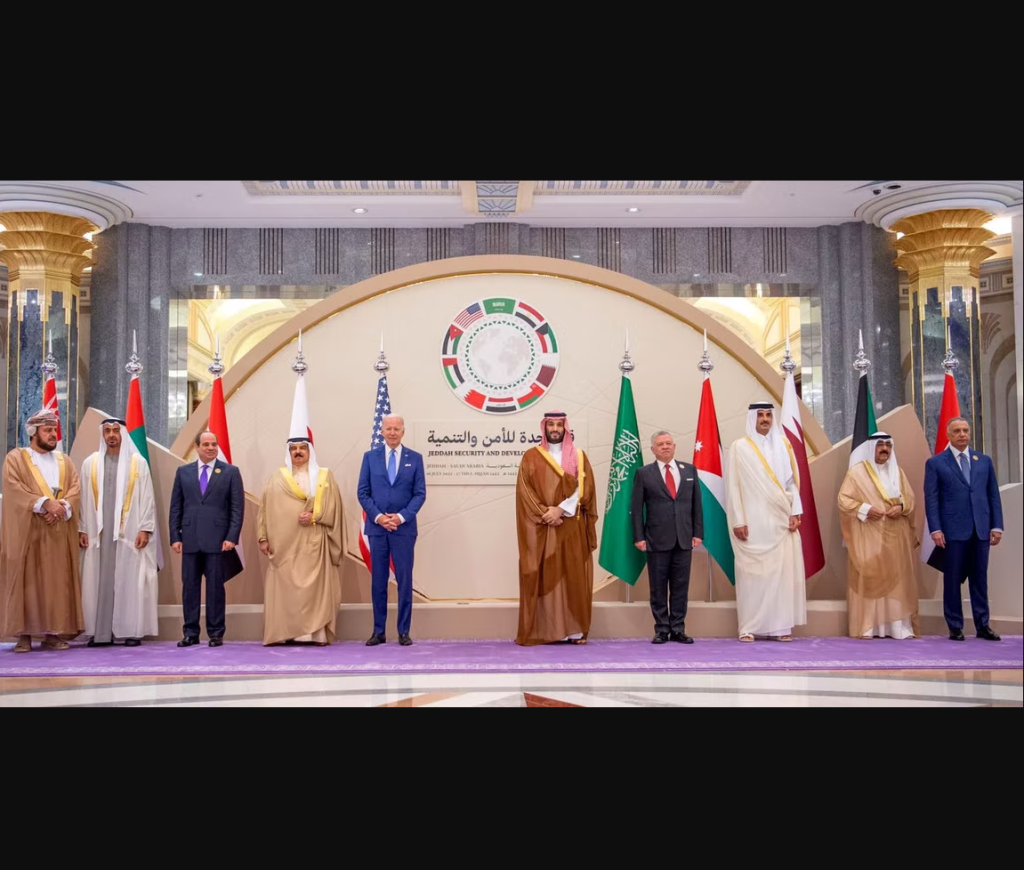
Leave a comment